By Ray Bennett
VENICE – Kenneth Branagh’s new version of the crime caper “Sleuth” looks smashing and it features several great lines by screenwriter Harold Pinter. But despite top-flight acting from Michael Caine and Jude Law, it loses its grip in the third act and let’s the air out of what might have been a memorably gripping film.
The idea of Caine in a remake of the 1972 production in which he costarred but this time playing the Laurence Olivier role, and Jude Law, who has already stepped into Caine’s shoes in “Alfie,” doing Caine’s part will no doubt intrigue audiences. The quartet of big names and a tight 86-minute running time also will help, but the film’s downbeat tone won’t encourage huge boxoffice.
The Joseph L. Manciewicz original was a theatrical romp some 50 minutes longer than the new version and Olivier, having mocked Anthony Quayle for stooping to it onstage, hammed it up mercilessly.
Pinter’s screenplay pares the plot to the bone: two men argue and subject each other to humiliating game-playing over the love of a woman. Out-of-work actor and part-time chauffeur Milo Tindle (Law) shows up at the impressive country mansion of wealthy bestselling novelist Andrew Wyke (Caine) to demand that he grant his wife a divorce.
Pinter sets the rules at the front door showing that this is an all-male affair with the two men comparing the size of their … cars. Wyke never misses a chance to observe that Tindle is what the English call an oik, an ignorant young man of little worth, mocking everything about him including his name, parentage, accent, job, appearance, you name it. The younger man grins and explains what he and Wyke’s missus like to do with each other.
Soon the author has an offer to make. He will let Tindle keep his wife if he will do him the favor of breaking into his highly stylized home and stealing some gems worth close to a million pounds. He says he doesn’t want his wife back and but wishes to provide for her and needs the insurance money. Of course, there’s a catch and this is merely the opening serve in what will become a three-set match.
The setting is Wyke’s opulent home filled with modern art and all kinds of doors, windows, mirrors, sky-lights, ladders, stage lights, and even an elevator, that operate by remote control. He also has an elaborate security set-up with cameras that number up to the 800s.
Tim Harvey’s production design captures the mood of the piece brilliantly and Branagh and cinematographer Haris Zambarloukos make the most of it. Composer Patrick Doyle’s nimble score adds greatly to the film’s enjoyment.
Pinter produces some cracking lines of dialogue that Caine and Jude relish to the full. He even has Law ask: What’s it all about? The two actors deliver movie star performances of the highest level and their gamesmanship is hugely entertaining. Until, that is, the third set when a grimmer mood takes over along with considerable homoerotic banter that seems to have little grounding and lacks wit. “Sleuth” is the kind of film that should leave audiences with a wicked smiling shiver, but that’s not the case here.
Venue: Venice International Film Festival; Cast: Jude Law; Michael Caine; Director: Kenneth Branagh’ Screenwriter: Harold Pinter, from the play by Anthony Shaffer; Director of photography: Haris Zambarloukos; Production designer: Tim Harvey; Music: Patrick Doyle; Costume designer: Alexandra Byrne; Editor: Neil Farrell; Producers: Kenneth Branagh, Simon Halfon, Jude Law, Simon Moseley, Marion Pilowsky, Tom Sternberg Production: Sony Pictures Classics, Produced by Timnick Films, Castle Rock Entertainment, Media Rights Capital, Riff Raff Film Prods.; MPAA rating: R; Running time, 86 minutes.
This review appeared in The Hollywood Reporter.

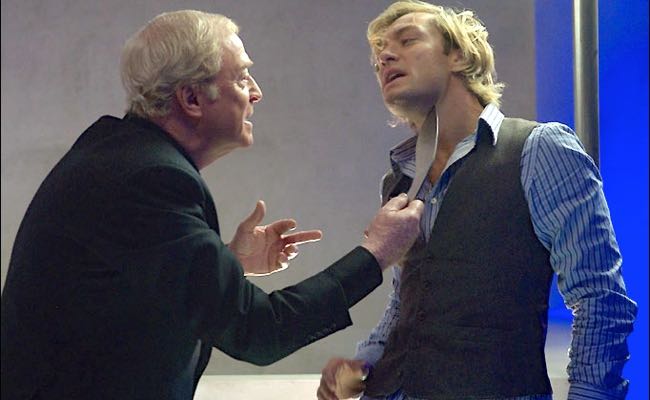
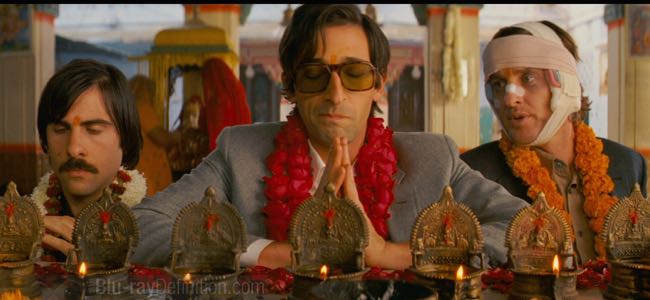
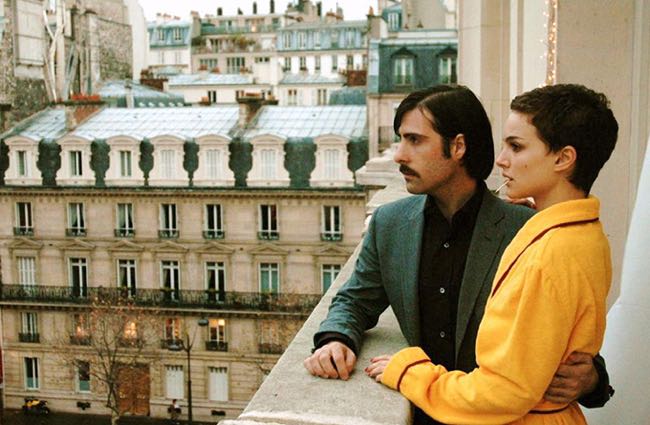
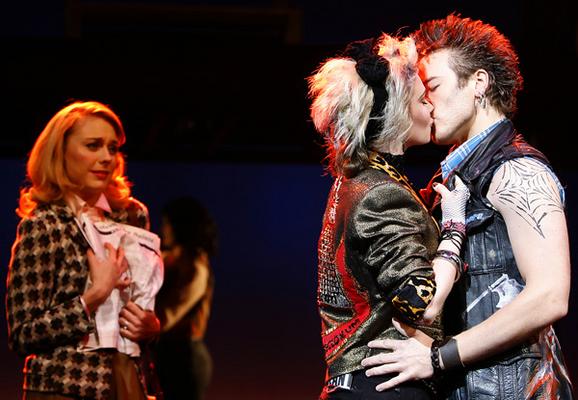
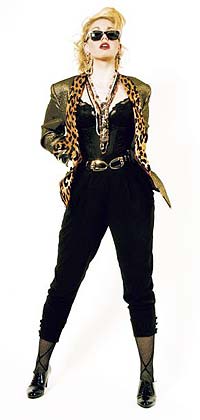
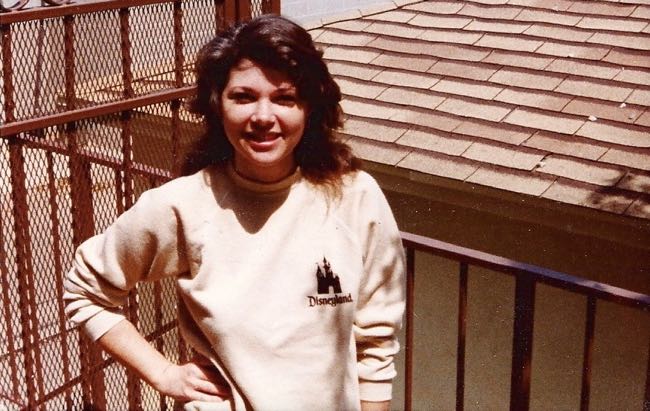
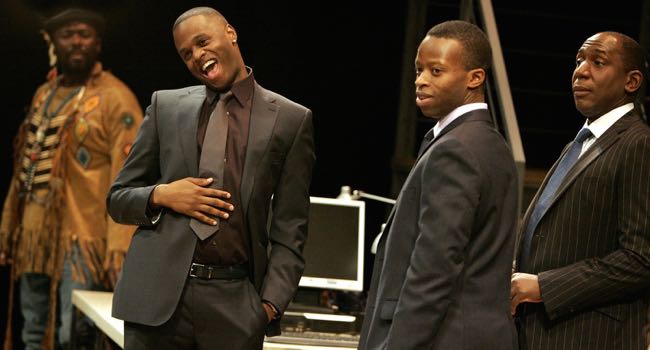

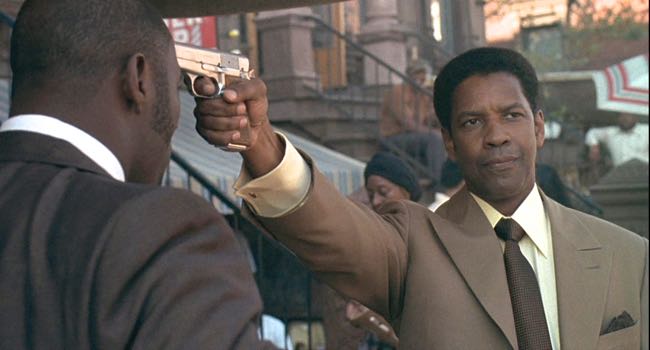
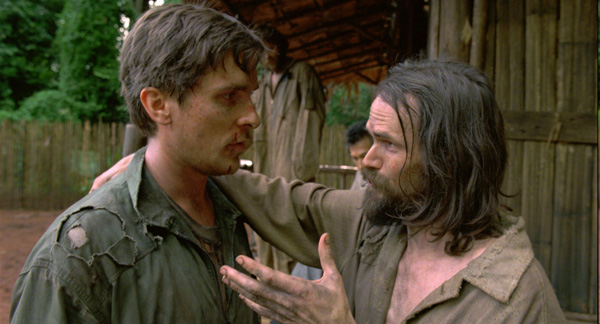
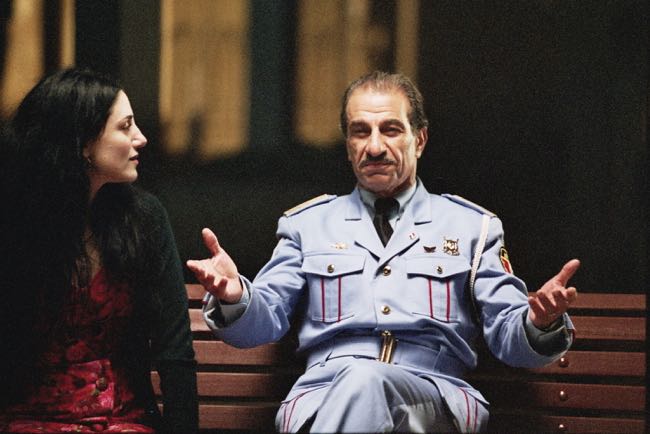
Norman Mailer’s writing skill on display in ‘The Fight’
By Ray Bennett
The books of Norman Mailer, who died today at 84, proved of such little interest to filmmakers that he directed adaptations of some of them himself including “Maidstone” (1970) and “Tough Guys Don’t Dance” (1987).
Lawrence Schiller made an Emmy-winning NBC miniseries of “The Executioner’s Song” starring Tommy Lee Jones as death row convict Gary Gilmore in 1982. The only other feature of note was Raoul Walsh’s 1958 version of Mailer’s World War II novel “The Naked and the Dead” starring Aldo Ray and Cliff Robertson.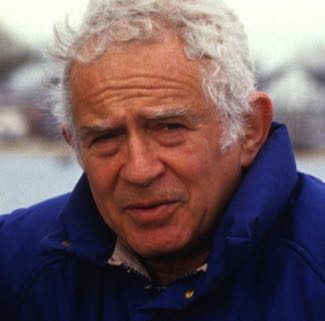
For my money, Mailer’s best writing was his journalism as in “The Executioner’s Song” but especially in his superb boxing yarn “The Fight,” which described the 1974 encounter between Muhammad Ali and George Foreman in Zaire known as the Rumble in the Jungle. Here’s an excerpt:
“Foreman’s arms flew out to the side like a man with a parachute jumping out of a plane, and in this doubled-over position he tried to wander out to the center of the ring. All the while his eyes were on Ali and he looked up with no anger as if Ali, indeed, was the man he knew best in the world and would see him on his dying day.
“Vertigo took George Foreman and revolved him. Still bowing from the waist in this uncomprehending position, eyes on Muhammad Ali all the way, he started to tumble and topple and fall even as he did not wish to go down. . . . He went over like a six-foot sixty-year-old butler who has just heard tragic news. . . .”
Here’s where to find it